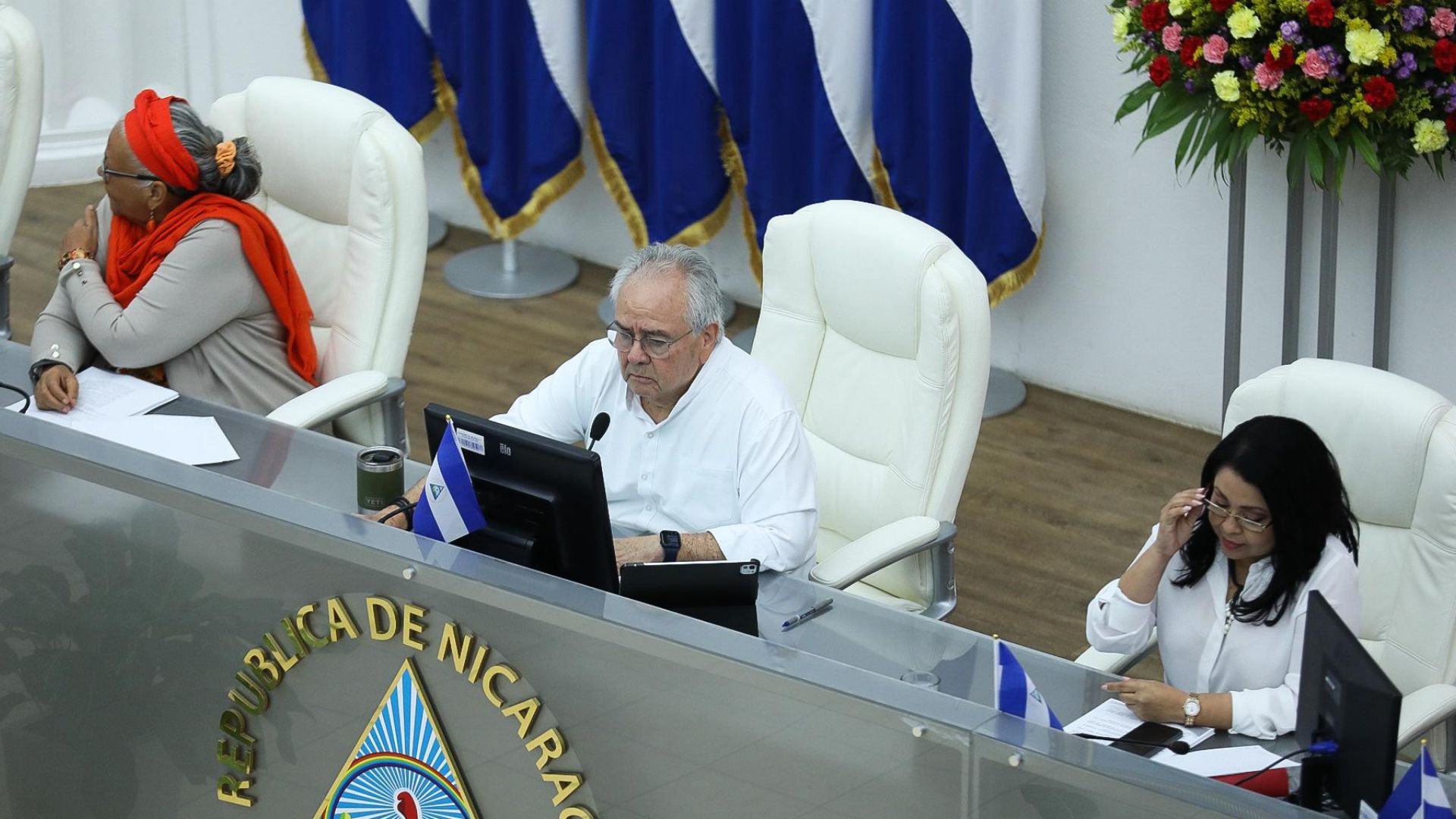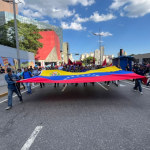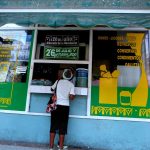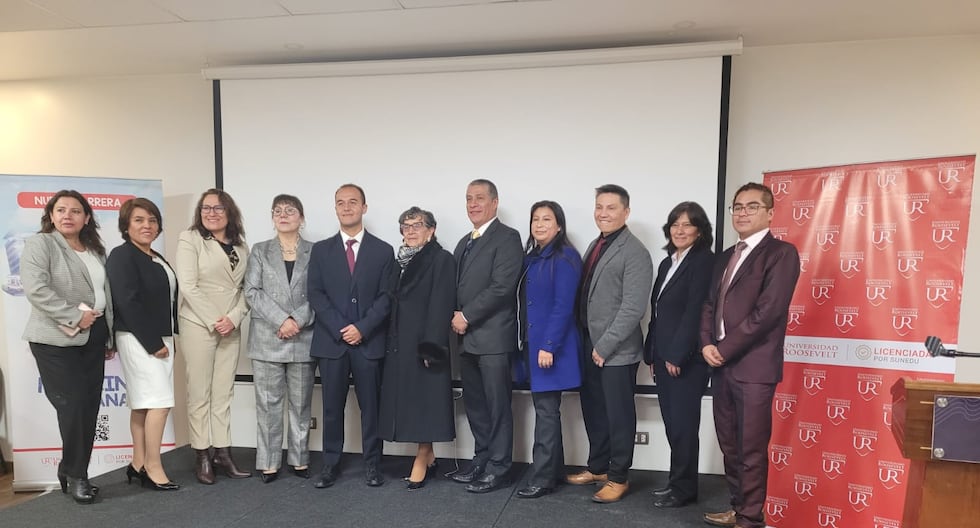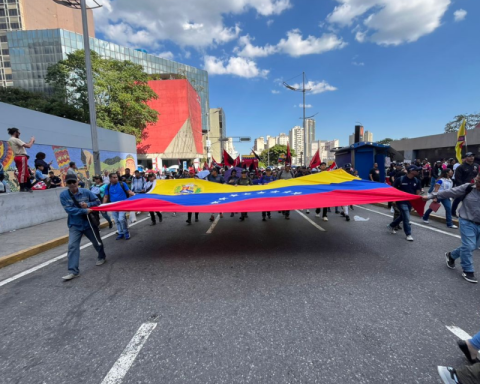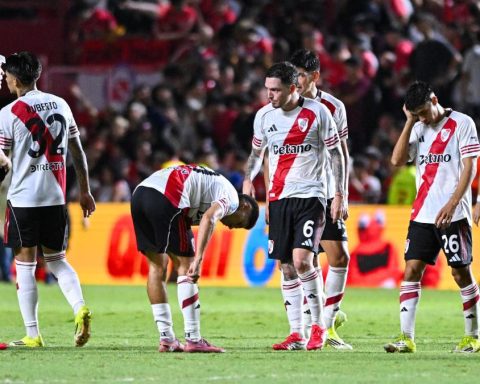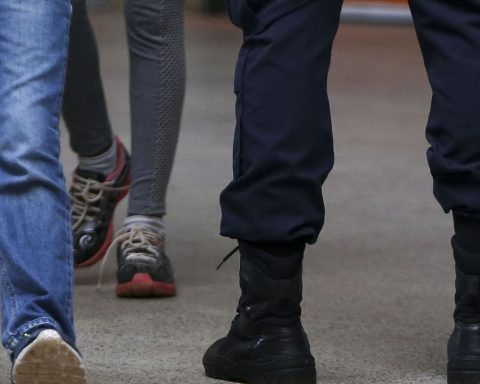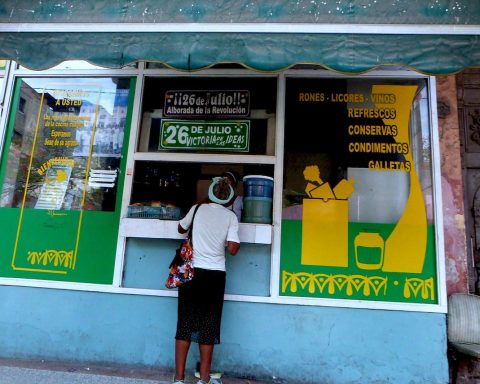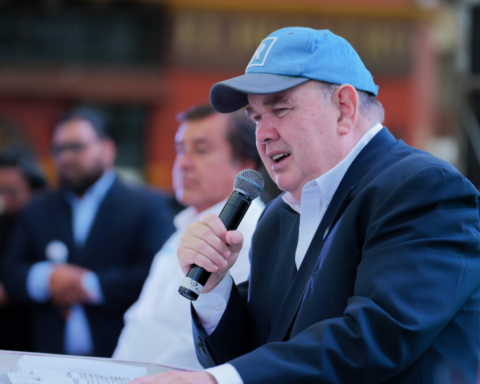The Nicaraguan Congress approved this Friday a constitutional reform that grants President Daniel Ortega and his wife Rosario Murillo, as “co-president”, absolute control of the powers of the State.
The National Assembly (legislative), controlled by the ruling Sandinista National Liberation Front (FSLN, left), “unanimously” approved the initiative presented on Tuesday by the president, parliamentary leader Gustavo Porras announced before the plenary session.
The controversial reform extends the presidential term from five to six years, and confirms the power that Murillo already has by equaling that of Ortega, as it elevates her rank from vice president to co-president.
The text grants total power to the Executive as it establishes that the co-presidents will coordinate “the legislative, judicial, electoral, control and oversight, regional and municipal bodies,” which the Constitution previously recognized as independent.
Ortega, a 79-year-old former guerrilla who governed Nicaragua in the 1980s after the triumph of the Sandinista revolution, returned to power in 2007. Since then, his critics point out, he has established a “dictatorship” and “nepotism” with his wife. , six years younger.
Both radicalized their positions and increased control over Nicaraguan society after the 2018 protests, whose repression left 320 dead according to the UN, considered by the government to be an attempted coup d’état sponsored by Washington.
– “Revolutionary” state –
The reform, which was approved in the first term and will be approved in the second term in January – Porras acknowledged – unleashed a wave of rejections from Nicaraguans in exile and international organizations, to which the United States and the Organization of American States joined. (OAS).
Related news: Three keys to the profound constitutional reform promoted by Ortega in Nicaragua
In the reform, Nicaragua is defined as a “revolutionary” and socialist State, and includes among its national symbols the red-and-black flag of the FSLN, a former guerrilla under whose leadership a popular insurrection overthrew the dictator Anastasio Somoza in 1979.
For Azahálea Solís, an expert in constitutional law, this leaves out political projects of other ideologies, and Salvador Marenco, a human rights lawyer exiled in Costa Rica, assured that it is the end of the separation of powers and political pluralism in Nicaragua.
“Everything that is now in the reform is what, in fact, has been happening in Nicaragua: a de facto dictatorship. The new thing is that it will now be in the Constitution,” former guerrilla commander Dora María Téllez, who was imprisoned and lives in exile in the United States, told AFP.
– Social control –
The reform establishes social control not only of the press, Church and economic entities, but also makes official the withdrawal of Nicaraguan nationality from those considered “traitors to the country”, as the government did with some 450 critics and opponents.
During the massive protests of 2018, hooded and heavily armed men intervened to set up trenches set up by university students and control the protesters. Thousands of people went into exile.
In the reform, the government proposes the creation of a “Voluntary Police”, made up of civilians, as an “auxiliary and support body” to the security forces.
